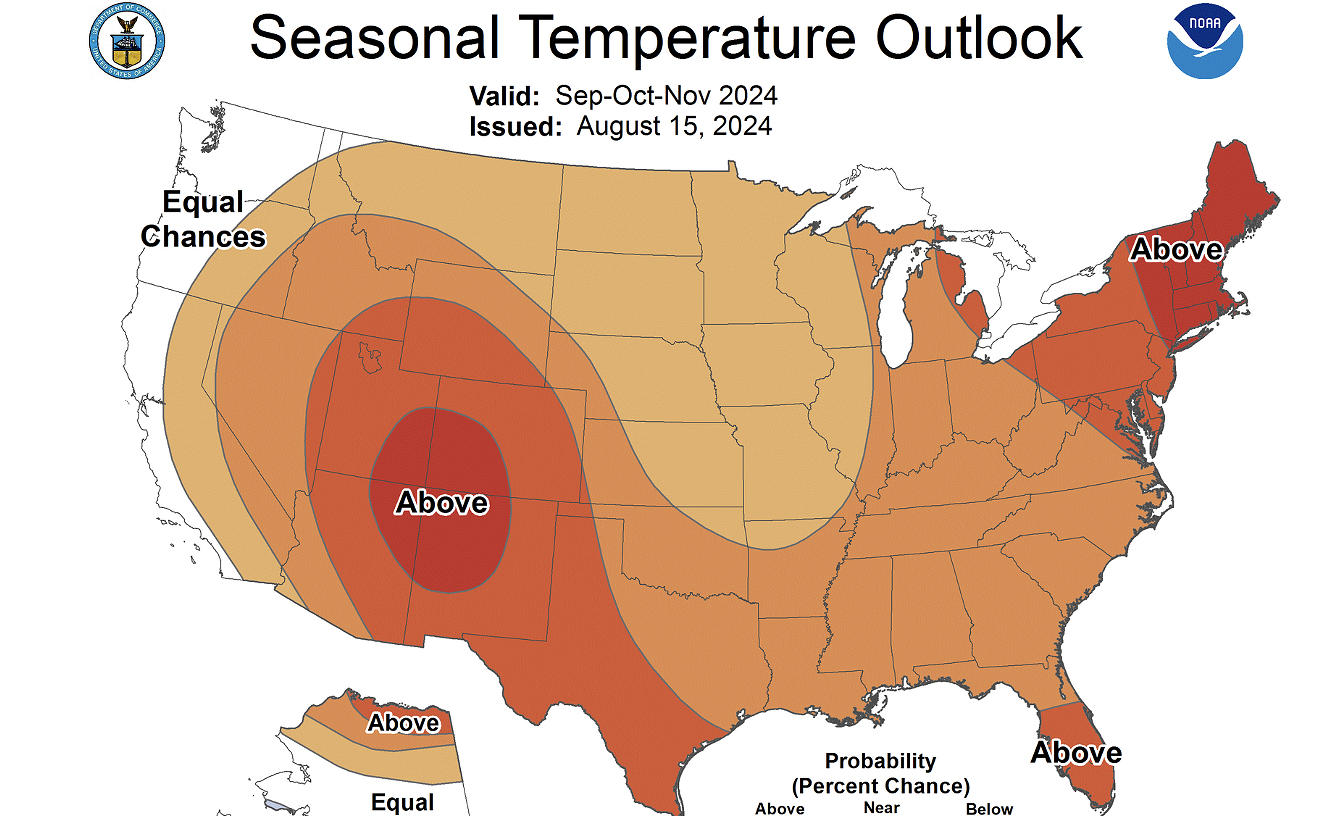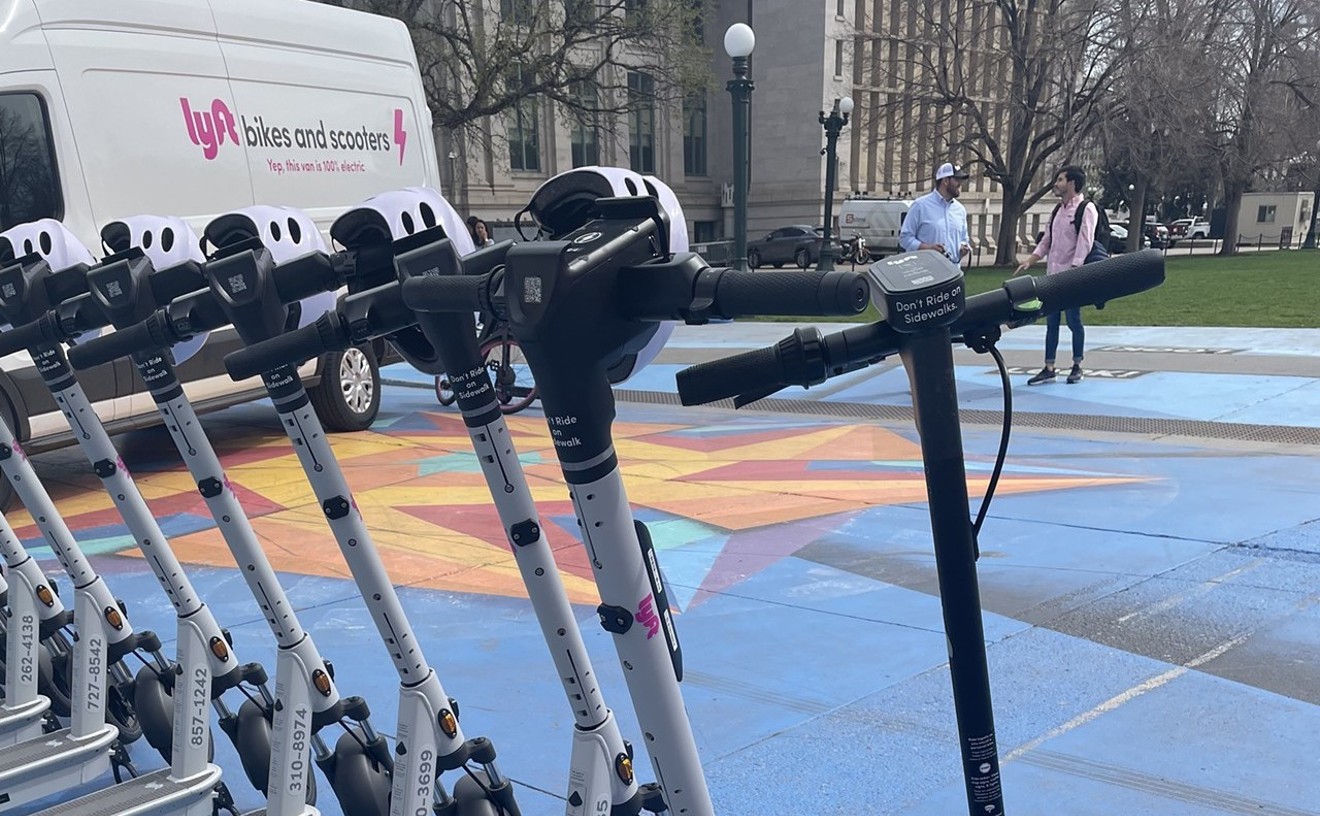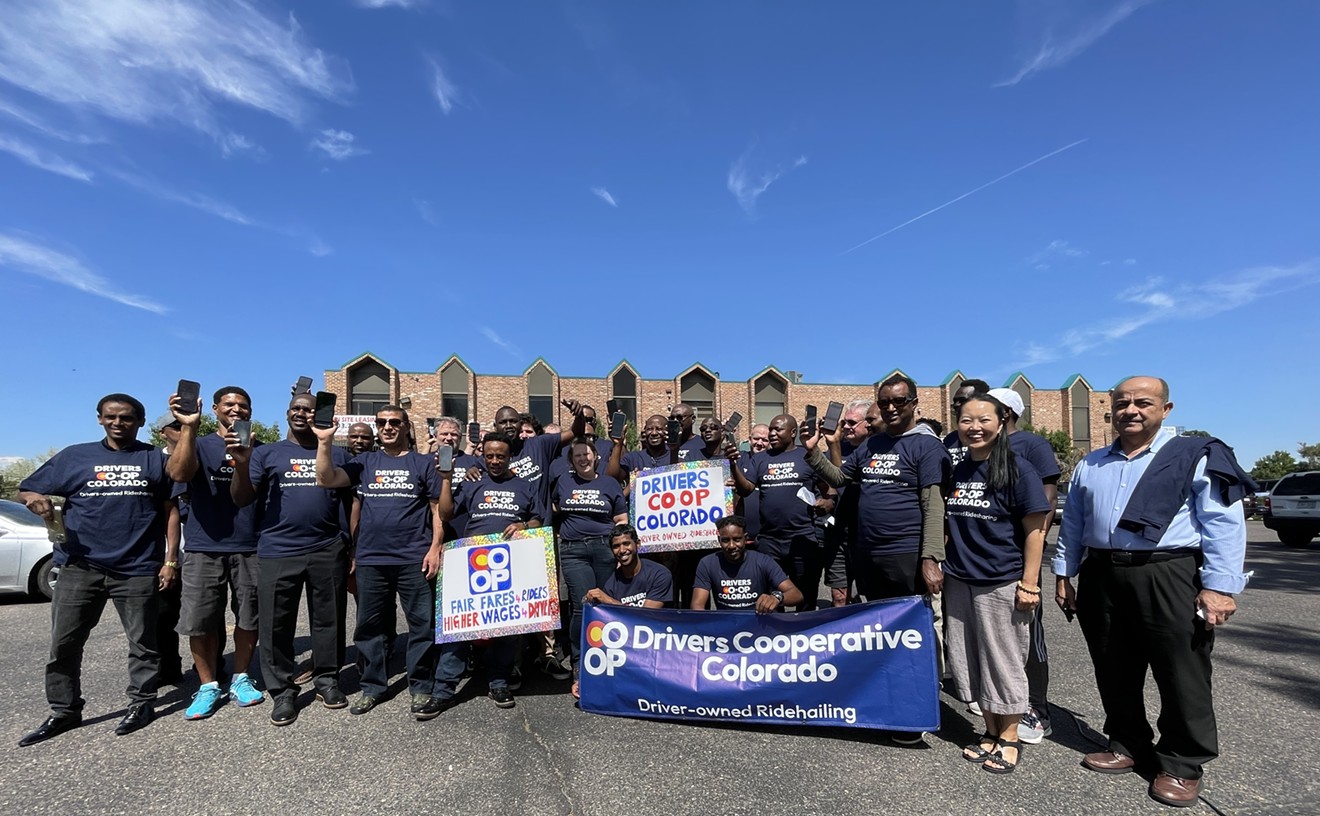Why was the original date of March 29 set aside? A big reason has to do with the awful grade given the Medical Marijuana Enforcement Division by the state auditor, whose release about its report was entitled "State Oversight of Colorado's Medical Marijuana Industry Ineffective."
As its lengthy title suggests, the Joint Select Committee on the Implementation of Amendment 64 Task Force Recommendations has mostly been approving the suggested regulations handed down last month by the governor-appointed task force.
Some of the ideas put into bill proposals so far include a minimum two-year residency requirement for owners and employees of recreational pot shops, childproof packaging rules for recreational cannabis and edibles, and labeling with potency statements and warnings similar to those used for alcohol. Committee members have also approved banning the sale of products that mix marijuana and alcohol, like THC-infused wines.
One proposal would add marijuana smoke to the Colorado Clean Indoor Air Act, which would pretty much prohibit it from being smoked indoors at any public venue; cigar bars and existing legal tobacco smoking lounges would not be allowed to tolerate marijuana smoking. Growing would have to take place in an enclosed, locked space covered on top and on all sides -- and that includes sheds and greenhouses, along with basement farming and other residential grows. The locks on your front door would qualify -- unless you have someone under 21 living in your house, in which case your grow itself would have to be locked up. And growing in any area that can be seen by the public -- including a greenhouse that opens to an alley -- would not be allowed.
The committee also agreed to put forward a proposal that medical marijuana centers be able to transfer their status to recreational centers, as well as one to change the name of the state Medical Marijuana Enforcement Division to the Marijuana Enforcement Division, which would handle both medical and recreational centers.But things hit a snag last week when the Medical Marijuana Enforcement Division received a failing grade in a state audit. The division has been a huge money pit due to mismanagement, the audit determined, and has failed to meet the goals set for it by the legislature in 2010. Given that, committee members speaking at their March 28 meeting openly questioned whether handing over the reins to a failing state agency would be a good idea. Department of Revenue chief Barbara Brohl told the committee that the MMED is now under control and that she would present a complete report at an April 4 meeting.
Because of that, the deadline for proposed legislation from the group was pushed back from March 29 to Monday, April 8. The committee will be ironing out details over the next two meetings, scheduled for 7:30 a.m. Thursday, April 4, in Senate Committee Room 356 at the Capitol and again at 7:30 a.m. on Friday, April 5, in the Old Supreme Court Chambers.
More from our Marijuana archive: "Marijuana: THC driving bill breezes through first House vote despite e-mail protests, petition" and "Marijuana legislative update: Dispensary tax deductions and more."











